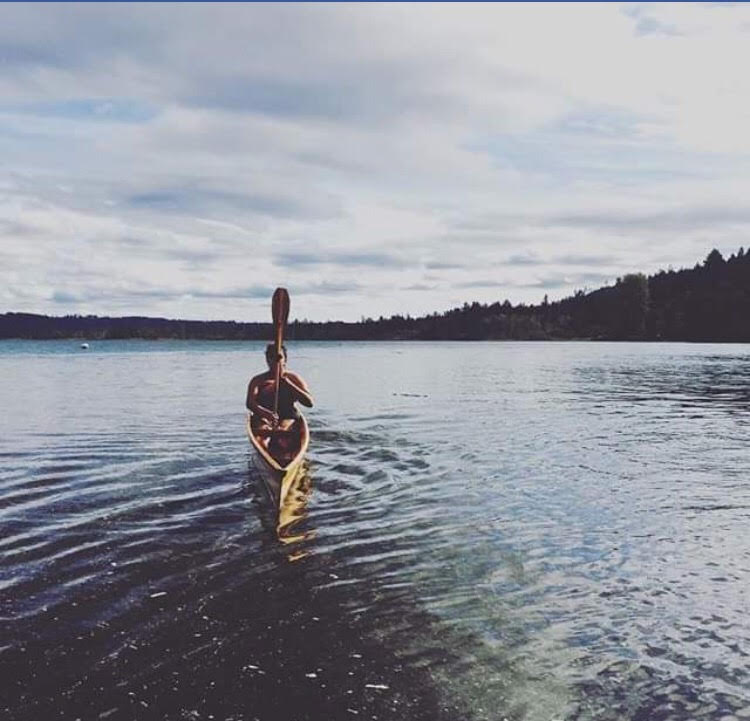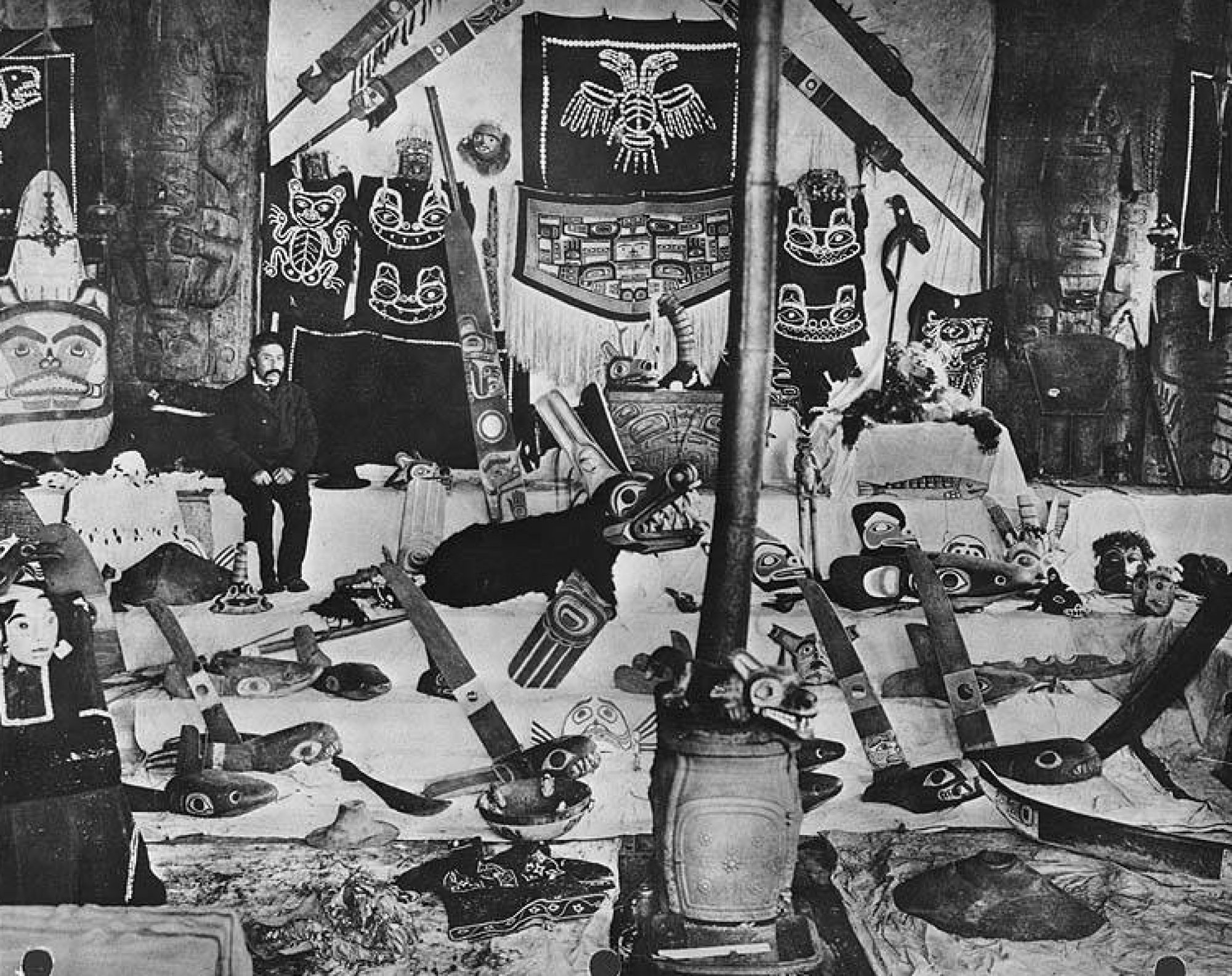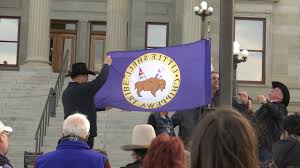Biographical Timeline | Leadership Qualities | Little Shell Chippewa Recognition | References
“American Indian Women’s Activism in the 1960s and 1970s”, https://www.manataka.org/page2449.html, Manataka American Indian Council (Women’s Council News, 2011).
Cecelia La Pointe-Gorman and Erika Wigren. “A Right to Live: Ramona Bennett, Puyallup Tribal Indian Activist,” October 25, 2017. https://blogs.uw.edu/tchp/tag/rainbow-youth-and-family-services/. Tacoma Community History Project.
Cecelia La Pointe-Gorman. “Ramona Bennett: Puyallup Tribal Indian Activist.” digitalcollections.lib.washington.edu, May 2009. https://digitalcollections.lib.washington.edu/digital/collection/tacomacomm/id/475.
Donna Hightower Langston , “American Indian Women’s Activism in the 1960s and 1970s,” Women’s Council News, May 2011, https://www.manataka.org/page2449.html.
Frank Hopper, “Ramona Bennett Receives 2018 Bernie Whitebear Award.” May 3, 2018. https://www.whoisleonardpeltier.info/press/ramona-bennett-receives-2018-bernie-whitebear-award, International Leonard Peltier Defense Committee (accessed May 7, 2018).
ICTM Staff, “State Attorney General announces free, prior and informed consent policy with Washington tribes,” 21 May 2019. https://indiancountrytoday.com/news/state-attorney-general-announces-free-prior-and-informed-consent-policy-with-washington-tribes-tCS6UGajiEuGVf-Z3JVQgQ. Indian Country Today.
“‘It will leak, it will burn… and stink– it’s gas,’”https://newsmaven.io/indiancountrytoday/news/it-will-leak-it-will-burn-and-stink-it-s-gas-8gMaYiC9P0ijcuCH3zuwxA, Indian Country Today (n.p.)(accessed November 20, 2019).
Liz Sonneborn, “A To Z of American Indian Women,” Google Books (Infobase Publishing, May 14, 2014), https://books.google.com/books?id=N7eiezmLjfEC.
“Statement of Ramona Bennett, Chairwoman, Puyallup Tribe,” in Indian Child Welfare Act of 1977: Hearing before the United States Senate, Select Committee on Indian Affairs, Ninety-Fifth Congress, First Session, on S. 1214 … August 4, 1977 (Washington, D.C.: U.S. Govt. Print. Off., 1977), pp. 163-168.


